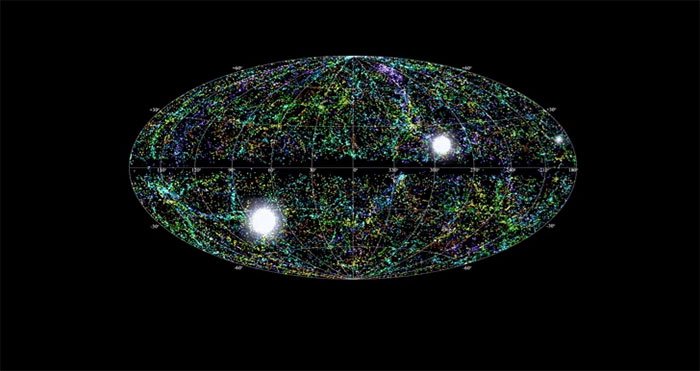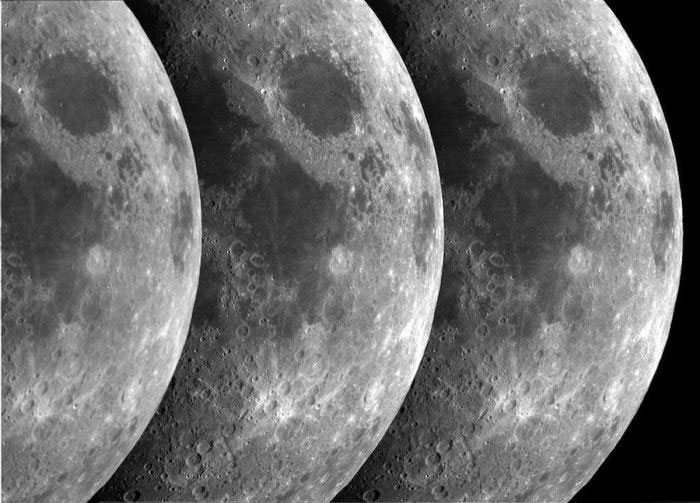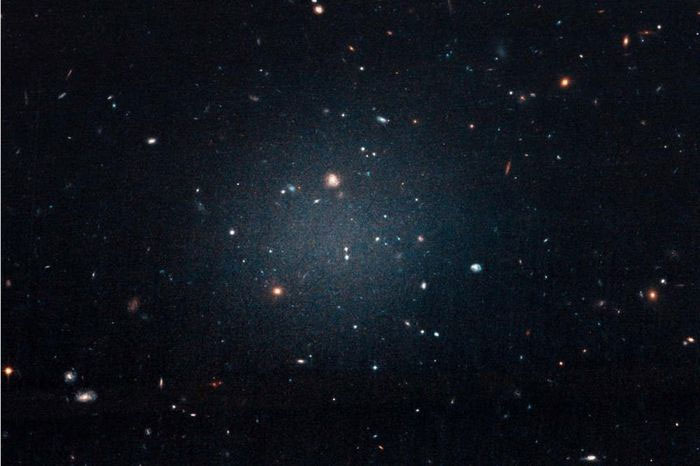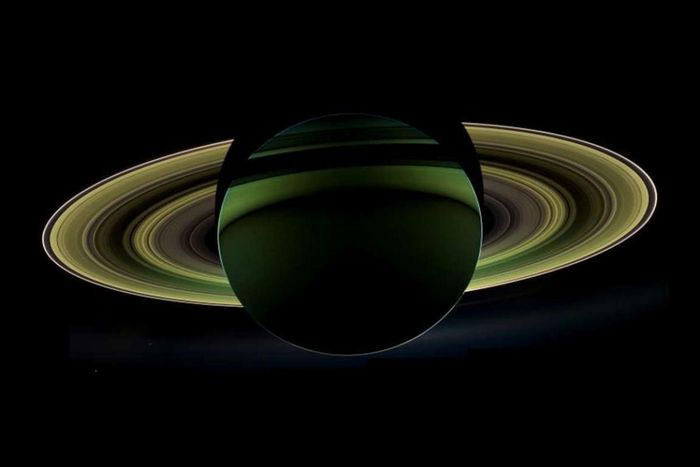Top 12 strangest objects in the universe
The universe contains countless strange things. Here are 12 of the strangest objects in space.

Mysterious radio signal. Since 2007, researchers have been receiving super-strong, super-fast radio signals that last only a few milliseconds. These mysterious flashes are called Fast Radio Bursts (FRBs) and they appear to be billions of light-years away.

Nuclear pasta. The most powerful matter in the universe formed from the 'leftovers' of a dead star. According to the simulation, protons and neutrons in a star's shrinking shell could be subjected to tremendous pressure, forcing them into clumps of matter resembling fragile bundles of pasta.

Haumea with circles. The dwarf planet Haumea, orbiting the Kuiper Belt beyond Neptune, is a highly unusual object. But in 2017, Haumea got even weirder when astronomers watched it move in front of a star and noticed extremely thin circles orbiting it. This could be the result of a collision in the distant past.

Moon of the Moon. What would be more interesting if the Moon had a submoon orbiting it? For now, it's still theoretical for the Moon to have a submoon orbiting it, but recent calculations suggest it could happen. Perhaps one day astronomers may uncover evidence.

The galaxy is low in dark matter. Dark matter or unknown matter makes up 85% of all matter in the universe. This is strange, but researchers can be sure of one thing: Dark matter is everywhere. In March 2018, scientists discovered a galaxy that barely contained any dark matter.

The strangest star. Astronomer Tabetha Boyajian of the University of Louisiana (USA) and colleagues were surprised when they first saw the star, named KIC 846285. Nicknamed the Tabby star, the object will decrease in brightness with irregular intervals and over long periods of time.

Highly charged hyperion. Saturn's body Hyperion looks like a pumice stone with many pits and craters. NASA's Cassini spacecraft discovered that Hyperion is charged with an electrostatic 'beam' flowing out into space.

Neutrinos guide the way. A single, high-energy neutrino that hit Earth on September 22, 2017, is nothing special. Physicists at the IceCube Neutrino Observatory in Antarctica see neutrinos of similar energy at least once a month. But this neutrino is special because it was the first to provide enough information about its own origin for astronomers to point telescopes in the direction it came from. They found that it was 'thrown' back to Earth 4 billion years ago from a supermassive black hole at the center of a galaxy that was "eating" surrounding matter.

Living fossil galaxy. DGSAT I is a super-diffuse galaxy (UDG), which means it's as big as a galaxy like our own Milky Way, but its stars are so thinly spread out that it's almost impossible to see. But when scientists saw DGSAT I in 2016, scientists noticed it was standing alone, completely unlike other UDGs. DGSAT I features suggest that the object was formed during a very different epoch in the universe, about 1 billion years or so after the Big Bang, making DGSAT I a living fossil.

Double quasar image. Massive objects warp light enough that they can distort the image of what's behind them. Using the Hubble Space Telescope to detect a quasar from the early universe, researchers used this to estimate the expansion rate of the universe and found that the universe is expanding faster now. compared to before – different from other measurements.

Infrared stream from space. Neutron stars are extremely dense objects that form after the death of an ordinary star. Normally, they emit radio waves or higher-energy radiation such as X-rays, but in September 2018 astronomers found a long stream of infrared light emanating from a neutron star a few miles away. Earth 800 light years.

Rogue planet with aurora. Drifting through the galaxy are nomadic planets, which have been 'thrown' away from their parent star by gravity. A special planet among these planets is called SIMP J01365663 + 0933473. This is an object about the same size as our planet, 200 light-years from Earth with a magnetic field 200 times stronger than that of our own. with Jupiter. The magnetic field is strong enough to produce flickering auroras in the planet's atmosphere, which can be seen with radio telescopes from Earth.
- Interstellar objects spread life from Earth into the universe
- 11 mysterious objects in the universe that humans cannot explain
- The 10 strangest things of the universe
- Search for the universe god
- Scientists discovered a merger between a black hole and a mysterious object
- Russia tracks the movement of 15,000 cosmic objects
- Detecting the galaxy seems to not exist
- Top 15 strangest shark species on the planet
- Complete a spiritual and scientific unified work
- What if you fell into a black hole in the universe?
- The first stars were cruel but destitute
- Video: Strange objects in the American sky
 Van Allen's belt and evidence that the Apollo 11 mission to the Moon was myth
Van Allen's belt and evidence that the Apollo 11 mission to the Moon was myth The levels of civilization in the universe (Kardashev scale)
The levels of civilization in the universe (Kardashev scale) Today Mars, the sun and the Earth are aligned
Today Mars, the sun and the Earth are aligned The Amazon owner announced a secret plan to build a space base for thousands of people
The Amazon owner announced a secret plan to build a space base for thousands of people